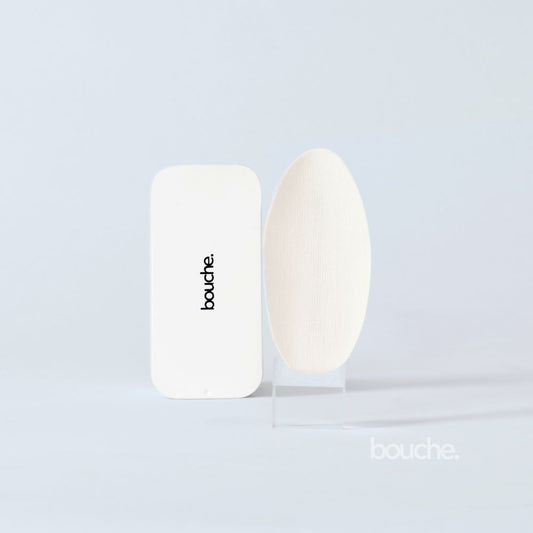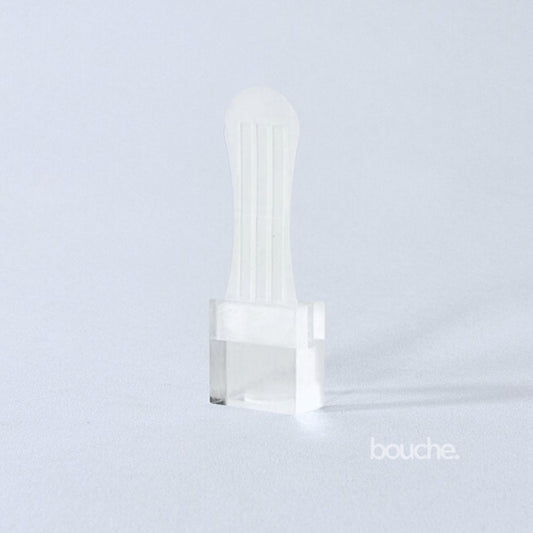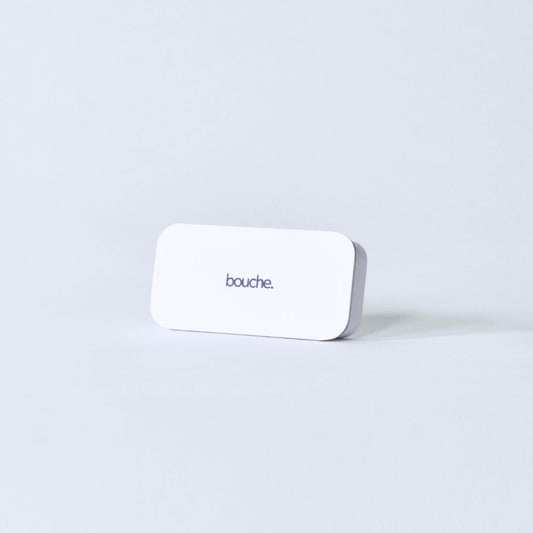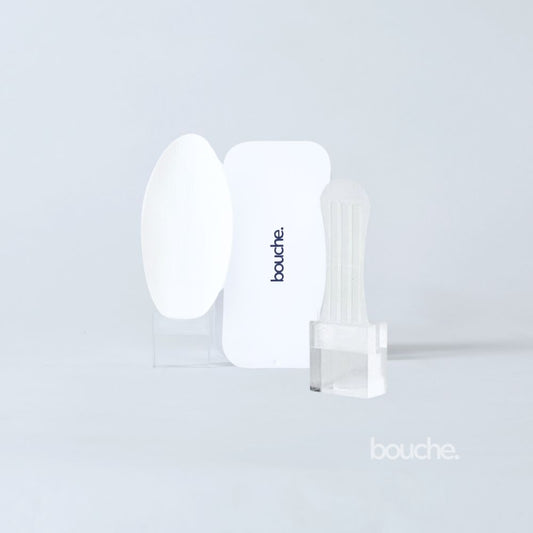Waking up with a dry mouth, sore throat, or complaints of snoring is more common than you might think. Many people searching for better rest come across two popular sleep solutions: chin straps and mouth tape. The question—chin strap vs mouth tape: which is better for sleep?—comes up a lot. Both are designed to support nasal breathing, but each has unique benefits and practical differences. Here’s a simple, clear breakdown to help you decide.
Understanding Mouth Breathing and Its Effects
Breathing through your mouth while sleeping can lead to snoring, dry mouth, restless nights, and even increased cavities. Both mouth taping and chin straps aim to keep your mouth closed to promote healthy nasal breathing.
Nasal breathing brings many advantages: it warms, moistens, and filters the air, boosts oxygen levels, and helps you reach deeper, more restful sleep. It can even improve oral health and reduce snoring. That’s why products like mouth tape and chin straps exist on the sleep-care market.
What Is a Chin Strap for Sleep?
A chin strap is an adjustable band, usually made of soft, stretchy material, that wraps under the chin and around the head. It’s designed to gently keep your jaw closed, making it more difficult for your mouth to fall open while you sleep. This is commonly used by people who struggle to keep their mouth closed at night or who use CPAP devices.
Pros and Cons of Chin Straps
-
Pros:
- Adjustable for comfort; minimal direct skin contact.
- Useful if jaw drops open during sleep or with CPAP mask leaks.
- Available in multiple sizes and styles.
-
Cons:
- May cause jaw tension or discomfort if worn tightly.
- Can shift out of place for active sleepers.
- Less effective if lips part despite chin support.
If you’re interested in learning about other sleep support options, view all sleep wellness products.
What Is Mouth Tape?
Mouth tape involves placing a gentle adhesive strip over the lips before bed to prevent the mouth from opening. Modern mouth tapes are designed to be hypoallergenic, latex-free, fragrance-free, and gentle for all-night comfort. Some shapes even work with facial hair or skincare routines.
Pros and Cons of Mouth Tape
-
Pros:
- Directly seals the lips, encouraging nasal breathing.
- Lightweight and less distracting.
- Reduces dry mouth, snoring, and supports oral health.
-
Cons:
- Not for use with nasal congestion or severe respiratory issues.
- May cause skin or lip irritation for some people.
- Takes a few nights to get used to the sensation.
Want to improve nasal breathing? Consider combining mouth tape with nasal strips for enhanced airflow and comfort.
Mouth Taping vs. Chin Strap: Key Differences
The main difference in mouth taping vs chin strap is how they help you. Chin straps hold the lower jaw up, while mouth tape secures the lips together. Here’s what that means for you:
- Comfort & Adjustability: Chin straps are adjustable; mouth tape relies on gentle adhesive and comes in various shapes and sizes.
- Best for: Chin straps often suit those with jaw relaxation or CPAP air leaks, while mouth tape is ideal for people whose lips gently part during sleep.
- Possible Drawbacks: Chin straps can cause jaw aches, while mouth tape isn’t suitable for those with blocked nasal passages or irritated skin.
If you’re looking for a complete solution, the breathe better kit is designed for people who want mouth tape plus nasal strips in one bundle.
Effectiveness: What Does the Evidence Say?
Though research is ongoing, here’s what the consensus shows:
- Mouth Tape: Studies and user experiences suggest that mouth taping helps reduce mild snoring associated with mouth breathing and may help with mild forms of sleep apnea. Enhanced moisture retention and improved oral health are commonly reported.
- Chin Straps: Chin straps are especially useful for CPAP users who experience mask leaks from jaw drop, but they may not prevent snoring if the lips still part. Results for snoring and apnea can vary widely.
Mouth tape is often preferred by those seeking improved sleep comfort and hydration, while chin straps are selected for specific jaw support needs.
Can Mouth Tape Improve Sleep Quality and Oral Health?
Nasal breathing, supported by mouth tape, can:
- Increase saliva flow, preventing dry mouth.
- Support oral microbiome balance, reducing cavities and gum inflammation.
- Lower bad breath risk associated with mouth breathing.
- Help you reach deeper, more restorative sleep cycles.
Bouche mouth tape is designed to be safe, medical-grade, and is trusted by thousands for better mornings and clearer heads.
Safety Considerations
Both approaches come with important safety tips:
Mouth Tape
- Not safe for blocked noses, allergies, or respiratory conditions.
- Avoid use on damaged or sensitive skin.
- Not for young children or those with panic disorders.
Chin Straps
- Should not cause jaw pain or headaches—check fit regularly.
- Not recommended for TMJ, jaw pain, or some dental conditions.
As always, consult a healthcare professional to see what’s right for you.
Which Is Better: Chin Strap or Mouth Tape?
There isn’t a one-size-fits-all answer. Here’s a helpful guide:
- If you use CPAP and have jaw drop or air leaks, a chin strap may help.
- If you lightly snore and wake with dry lips, try mouth tape (assuming your nasal passages are clear).
- For sensitive skin or beards, consider tape shapes made for comfort (see Bouche’s options).
For many, mouth tape offers a lightweight, direct solution for mouth breathing and mild snoring. The best results often come from a personalized combination—consider the breathe better kit for an all-in-one approach.
Choosing the Right Product
If you’re trying chin straps or mouth tape:
- Choose products designed for sensitive skin—avoid standard medical or household tape.
- Start by wearing the product during short naps to adjust.
- Stop use if you notice irritation or trouble breathing.
- Browse Bouche’s range for premium, hypoallergenic options that fit your needs.
Final Thoughts
If you want a gentle, adjustable option for jaw support, chin straps may fit you best. Looking for a lightweight, direct solution for mild snoring or dry mouth? Try mouth tape. Optimizing your routine for nasal breathing can improve your rest, energy, and overall oral health. For bundled solutions, try the breathe better kit or check out all Bouche sleep products and resources on bouche.me.
Sleep well, and breathe better—every night.
Frequently Asked Questions
Q. What Are the Key Differences Between Chin Straps and Mouth Tape for Sleep?
Chin straps support the jaw, great for CPAP users or those with jaw relaxation. Mouth tape seals the lips, helping with mild mouth breathing if your nose is clear.
Q. Which Is More Effective for Reducing Snoring: Chin Straps or Mouth Tape?
Mouth tape is often more effective for mild snoring from loose lips, while chin straps mainly help with jaw support and mask leaks.
Q. Can Mouth Tape Improve Sleep Quality and Oral Health?
Yes. By promoting nasal breathing, mouth tape reduces dry mouth, encourages better sleep cycles, and improves oral hygiene.
Q. Are There Any Risks Associated with Using Chin Straps or Mouth Tape?
Mouth tape can restrict necessary airflow if you have a blocked nose and may irritate sensitive skin. Chin straps can cause jaw discomfort if too tight or worn improperly.
Q. How Should I Pick Between Chin Straps and Mouth Tape?
For chin straps:
- Best with CPAP or jaw slackness.
- Pick soft, adjustable straps.
For mouth tape:
- Ideal for mild snorers with clear nasal passages.
- Use hypoallergenic, easy-peel tape.
